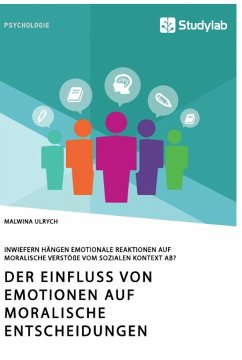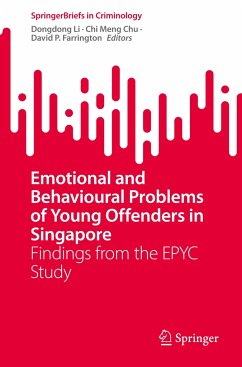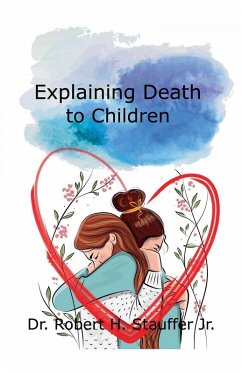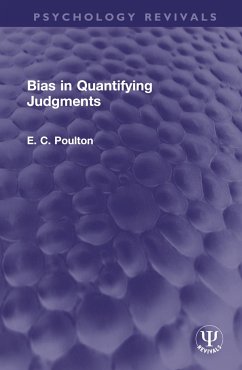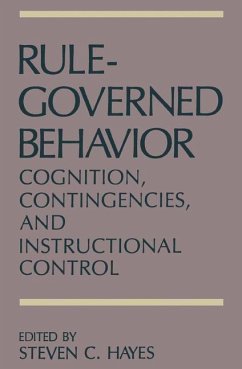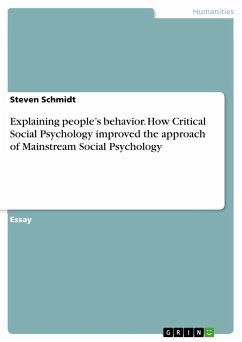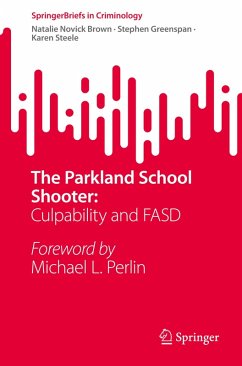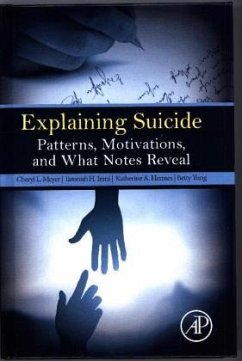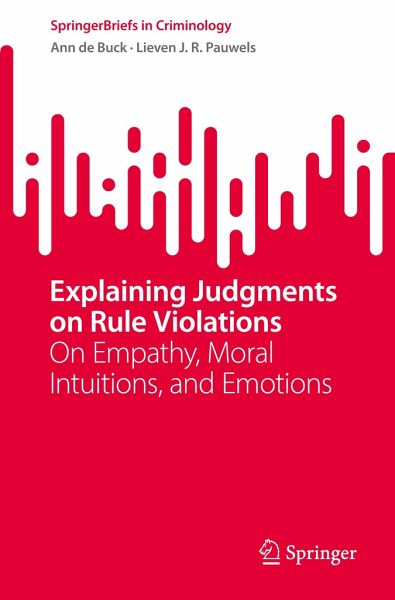
Explaining Judgments on Rule Violations
On Empathy, Moral Intuitions, and Emotions

PAYBACK Punkte
19 °P sammeln!
This volume highlights the complex relations between empathy, individualizing and groupish moral intuitions, (anticipated) moral emotions, and moral judgment. It is rooted in the notion that human moral systems were not immune to evolutionary processes and thus shaped by biological and cultural evolutionary forces (e.g. natural selection, genetic drift, mutation, sexual selection, cultural mutation, ecological selection pressures, etc.). This edition proposes a conceptual model of both distal and proximal variables to integrate insights from Moral Foundations Theory with theorizing on commitme...
This volume highlights the complex relations between empathy, individualizing and groupish moral intuitions, (anticipated) moral emotions, and moral judgment. It is rooted in the notion that human moral systems were not immune to evolutionary processes and thus shaped by biological and cultural evolutionary forces (e.g. natural selection, genetic drift, mutation, sexual selection, cultural mutation, ecological selection pressures, etc.). This edition proposes a conceptual model of both distal and proximal variables to integrate insights from Moral Foundations Theory with theorizing on commitment strategies by linking empathy and moral intuitions to moral emotions (guilt, anger, disgust), and moral judgment in the context of distinct moral violations. The proposed model is tested using data from a convenience sample of young adults in Belgium, who responded to written hypothetical scenarios in a large-scale online survey. This volume is ideal for moral theory researchers in criminology, psychology, and related disciplines





